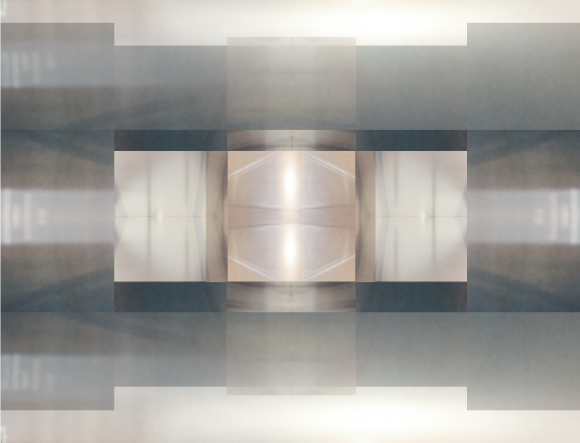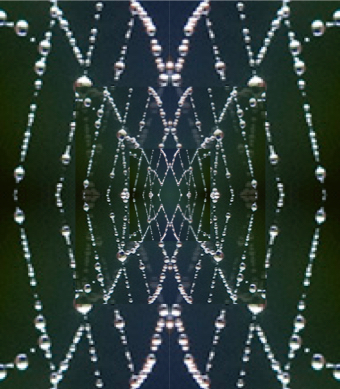
People are complex: every human being has a dark side — a demonic aspect — in addition to the more acceptable mask they display towards their social surroundings.

A word about this “spiritual mirror” business. It is called spiritual because in Ficino’s views, the notion of “spirit” is central, and among other things, the spirit acts as a mirror through which the soul can access what the senses take in from the external world. The setup is similar to an old-fashioned camera, with the eye (and the other senses) corresponding to the lens, the psyche (the...

1. Suppose a subject becomes enamoured with another person. In that situation, we can assume in the subject’s mind a cluster of ideas, perceptions, presumptions, etc., all of which have the other person (the “love object”) as their content in some way. For example, there may be memories (“When we first met, she looked like this …”), general ascriptions of personality (“He’s a very attentive...

Returning from his year-long stay on a Greek island, the protagonist of The Magus makes an intermediate stop in Rome. But he compares his impressions unfavorably with those he had in that other Mediterranean world: The sun shone as certainly, the people were far more elegant, the architecture and the art much richer, but it was as if the Italians, like their Roman ancestors, wore a great mask of...

Part of the job, when researching an interesting phenomenon, is to build up a phenomenological pool: collect typical examples, interesting special cases, and fringe phenomena that may or may not be relevant in conjunction with our focus of interest. With synchronicities, there is an additional category in that pool to which we might pay some attention.